“Through the sale, HSB Malmö gains the resources to invest in 1,000 rental apartments which will either be built or acquired in the next few years,” HSB’s board announced in a statement on Saturday morning.
HSB Malmö underlined in its statement that it currently has no plans to move from its head office in the landmark tower and plans to maintain its base there.
HSB has appointed the international real estate firm CBRE to manage the sale of the property located in the Västra Hamnen area of the city.
Turning Torso is the tallest building in Scandinavia and was designed by the Spanish architect Santiago Calatrave. The 190.4 metre tall building began construction in 2001 and was completed in 2005.
The building consists of 4,200 square metres of office space and 147 apartments.
The idea for the building emerged from the Bo01 housing fair which helped to launch development of Västra Hamnen, an industrial docklands area which had fallen into decay.
Interest for the apartments in the building was initially weak and HSB thus decided instead to turn them into rental apartments.
HSB announced already in 2004 that it was considering an offer to sell the property, but decided to retain ownership.
The property was valued in 2008 at around 2 billion kronor ($300 million) and has come to symbolise the successful regeneration of the city during the past decade.

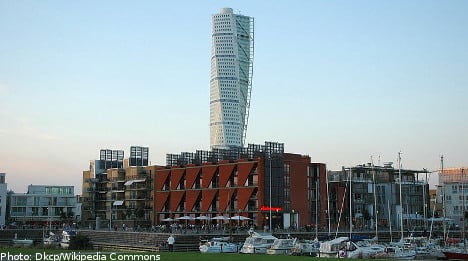
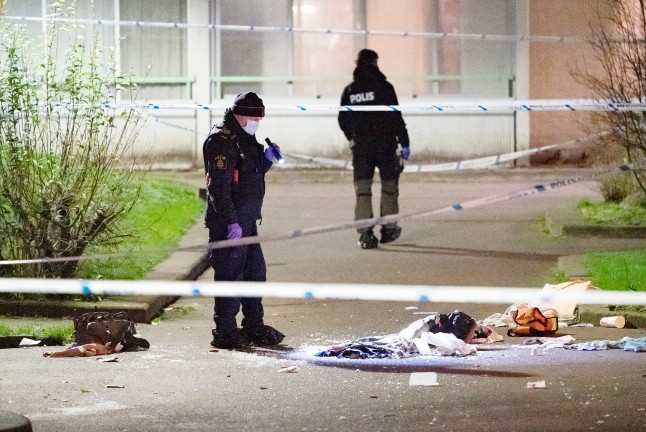
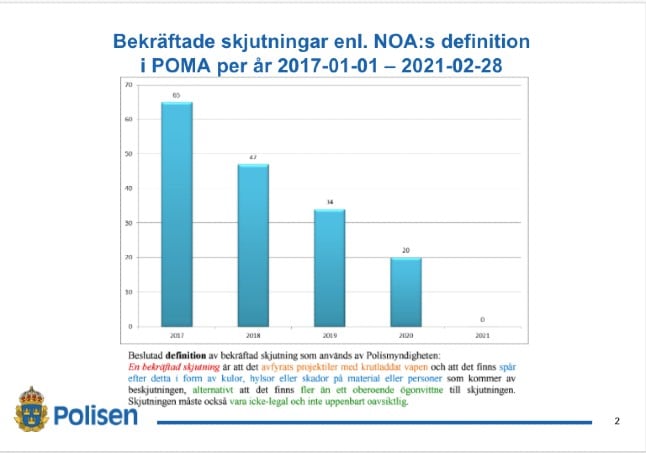
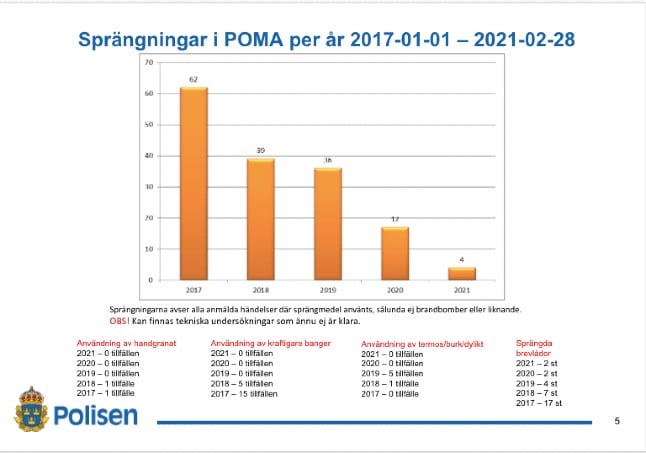
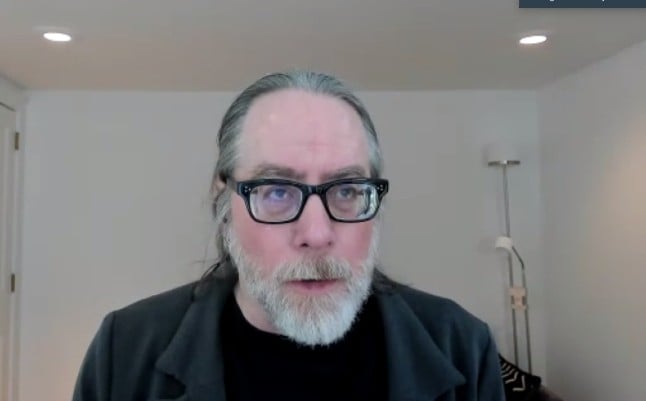
 Please whitelist us to continue reading.
Please whitelist us to continue reading.
Member comments